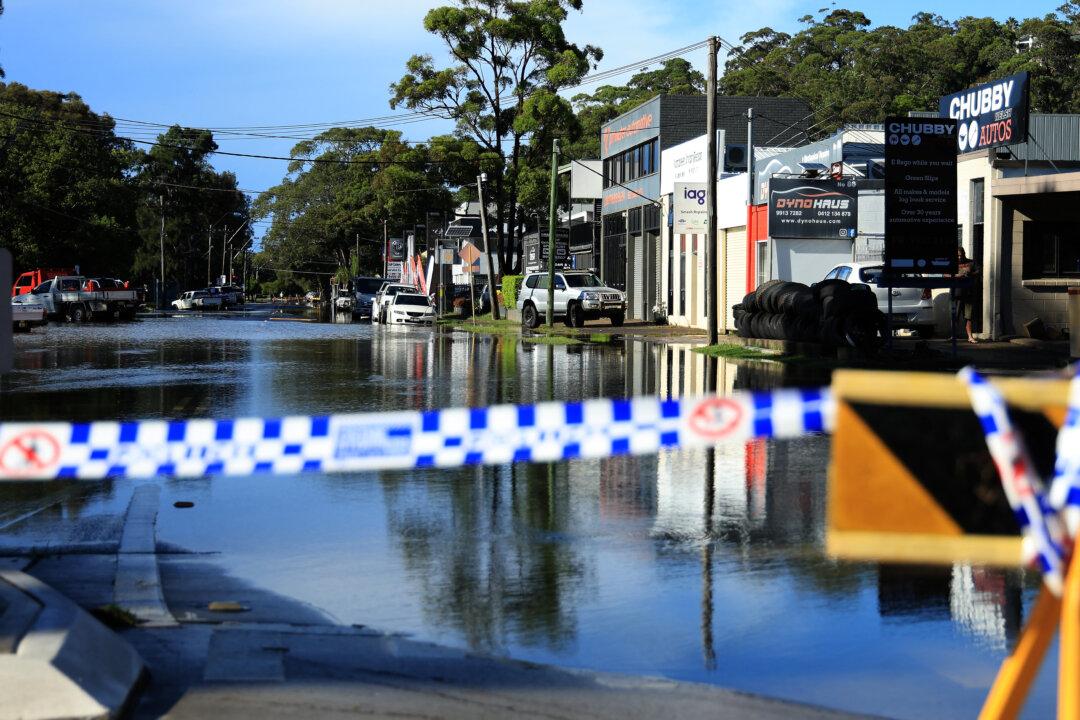The Productivity Commission (PC) said high insurance premiums do not indicate market failures.
This comes amid concerns about the surge in home insurance unaffordability from consumer groups.

The Productivity Commission (PC) said high insurance premiums do not indicate market failures.
This comes amid concerns about the surge in home insurance unaffordability from consumer groups.